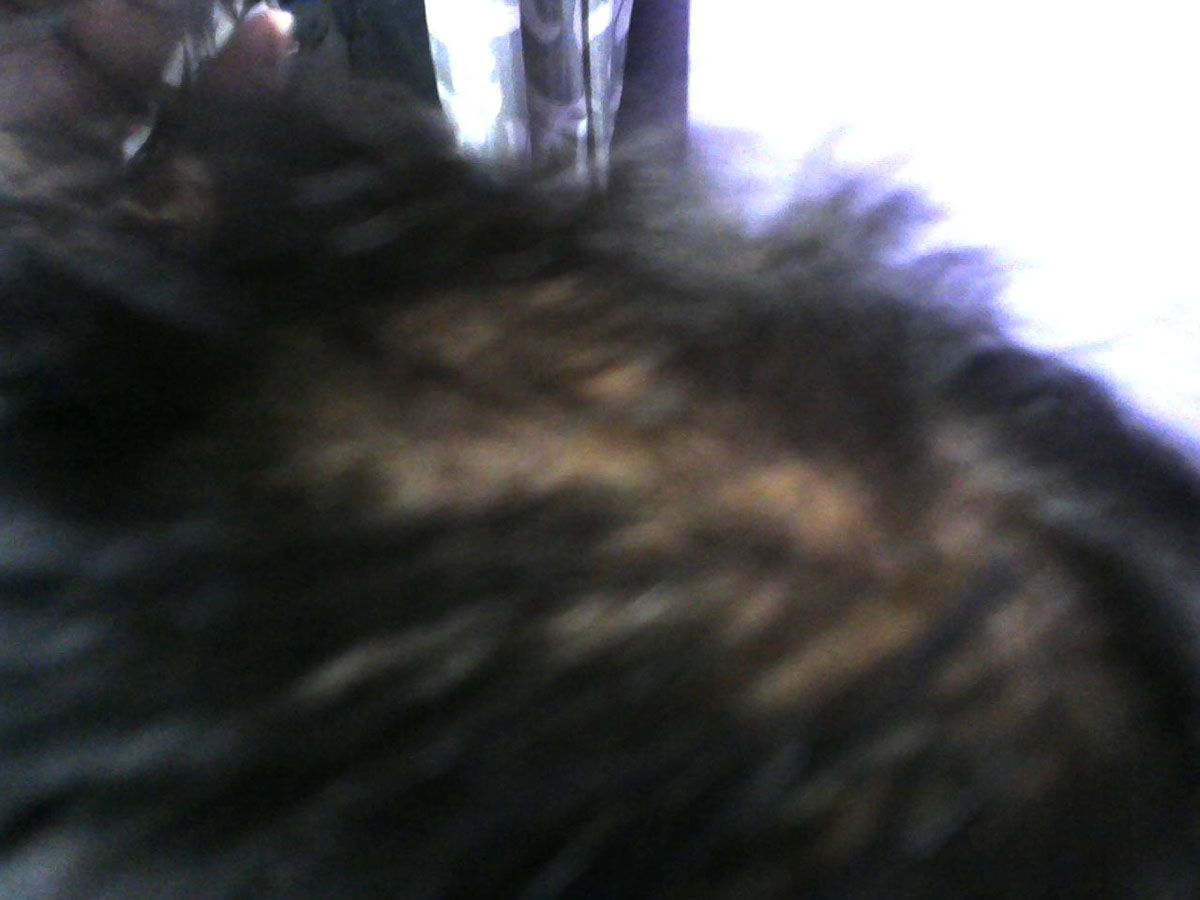
It is perfectly normal to lose 50 to 100 hairs every day. Because there are more than 100.000 hairs on the scalp, this everyday loss doesn’t lead to hair loss. However, some things affect your hair and it may become thinner, have shorter shafts or shorter growth phase, leading to hair loss. Aging does make your hair thinner, but damage to the scalp skin, irritation or some hormone changes may cause hair loss (alopecia). Hair loss could lead to the baldness in some cases: when there is excessive hair shedding, when the newly growing hair is much thinner than the previous hairs, or when patches of hairs fall out (usually, after cancer treatments).
Hair loss types:
Pattern baldness (androgenetic alopecia) usually runs in the family. Every new hair is thinner than the one before and it effortlessly falls out.Telogen effluvium is usually caused by shock, and after couple of months the hairs start to grow again. Any emotional or physical stress might cause this condition. Cicatricial (scarring) alopecia is caused by inflammation, which damage the hair follicle and lead to hair loss. Lichen planus and lupus erythematosus also may cause this type of hair loss. The exact causes of inflammation are not known. Alopecia areata patients are losing and re-growing the hair many times. Specialists are still unsure what causes the condition. Some believe that this is an autoimmune disorder, and other claim that it is hereditary condition.Traction alopecia is what you can get out of excessive hairstyling. If it’s caught on time, the condition is reversible.Other causes of alopecia:
Diet lacking proteins or iron may cause hair loss. It includes cases of trendy or crash diets and eating disorders.
Hormonal imbalances, because of the pregnancy, childbirth, menopause or thyroid hormones could cause passing alopecia. Contraception tablets and medicines used to treat arthritis, depression, hypertension, heart problems or gout may also cause alopecia.
Chemotherapy and radiation may lead to alopecia. Usually, this condition is not permanent and the hair grows back after the treatments. Diabetes and lupus patients might be affected with alopecia as well.
Ringworm (fungal) infection of the scalp might also provoke hair loss.
Hair treated with chemicals to make a certain hairstyle or change the color of your hair may cause alopecia.
Some people have the urge to pull out their hair. The condition is called trichotillomania, and it’s classifier as a mental disorder. Specific cause of this illness is not identified yet.



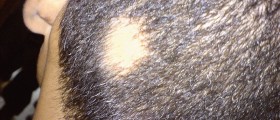

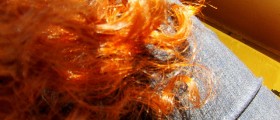




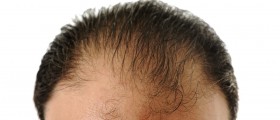



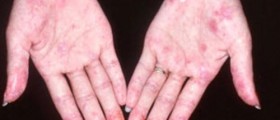


Your thoughts on this
Loading...